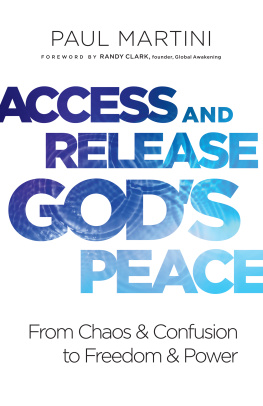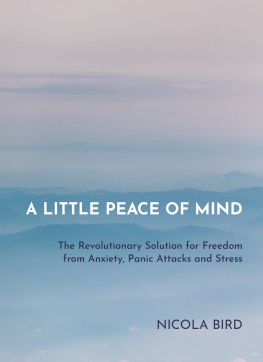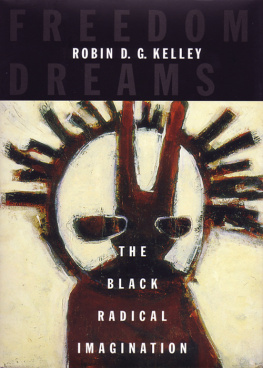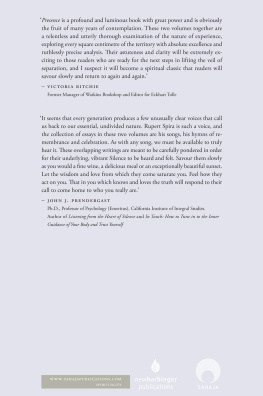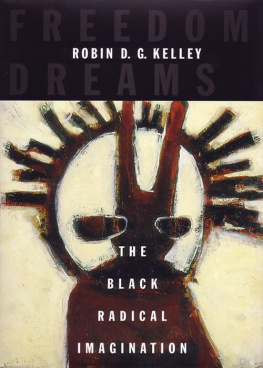Winter - Dreams of Peace and Freedom
Here you can read online Winter - Dreams of Peace and Freedom full text of the book (entire story) in english for free. Download pdf and epub, get meaning, cover and reviews about this ebook. year: 2006, publisher: YaleUP, genre: Politics. Description of the work, (preface) as well as reviews are available. Best literature library LitArk.com created for fans of good reading and offers a wide selection of genres:
Romance novel
Science fiction
Adventure
Detective
Science
History
Home and family
Prose
Art
Politics
Computer
Non-fiction
Religion
Business
Children
Humor
Choose a favorite category and find really read worthwhile books. Enjoy immersion in the world of imagination, feel the emotions of the characters or learn something new for yourself, make an fascinating discovery.

Dreams of Peace and Freedom: summary, description and annotation
We offer to read an annotation, description, summary or preface (depends on what the author of the book "Dreams of Peace and Freedom" wrote himself). If you haven't found the necessary information about the book — write in the comments, we will try to find it.
Dreams of Peace and Freedom — read online for free the complete book (whole text) full work
Below is the text of the book, divided by pages. System saving the place of the last page read, allows you to conveniently read the book "Dreams of Peace and Freedom" online for free, without having to search again every time where you left off. Put a bookmark, and you can go to the page where you finished reading at any time.
Font size:
Interval:
Bookmark:
Dreams of Peace and Freedom
Utopian Moments in the Twentieth Century
Jay Winter

Copyright 2006 by Jay Winter.
All rights reserved.
This book may not be reproduced, in whole or in part, including illustrations, in any form (beyond that copying permitted by Sections 107 and 108 of the U.S. Copyright Law and except by reviewers for the public press), without written permission from the publishers.
Set in Adobe Minion type by Duke & Company, Devon, Pennsylvania.
Printed in the United States of America by Vail-Ballou Press, Binghamton, New York.
Library of Congress Cataloging-in-Publication Data
Winter, J. M.
Dreams of peace and freedom : utopian moments in the twentieth century / Jay Winter.
p. cm.
Includes bibliographical references and index.
ISBN-13: 978-0-300-10665-7 (hardcover : alk. paper)
ISBN-10: 0-300-10665-3 (hardcover : alk. paper)
1. UtopiasHistory20th century. 2. Utopian socialismHistory20th century.
I. Title.
HX806.W56 2006
335.020904dc22
2006009254
A catalogue record for this book is available from the British Library.
The paper in this book meets the guidelines for permanence and durability of the Committee on Production Guidelines for Book Longevity of the Council on Library Resources.
10 9 8 7 6 5 4 3 2 1
For Diana
On a day like today, my master William Faulkner said, I decline to accept the end of man. I would fall unworthy of standing in this place that was his, if I were not fully aware that the colossal tragedy he refused to recognize thirty-two years ago is now, for the first time since the beginning of humanity, nothing more than a simple scientific possibility. Faced with this awesome reality that must have seemed a mere utopia through all of human time, we, the inventors of tales, who will believe anything, feel entitled to believe that it is not yet too late to engage in the creation of the opposite utopia. A new and sweeping utopia of life, where no one will be able to decide for others how they die, where love will prove true and happiness be possible, and where the races condemned to one hundred years of solitude will have, at last and forever, a second opportunity on earth.
GABRIEL GARCA MRQUEZ, The Solitude of Latin America, Nobel Prize Lecture, 8 December 1982
I owe a debt of no small magnitude to friends and colleagues who have taken the time to advise me about matters small and large related to this book. Antoine Prost has been a sure and steady friend and critic over decades. He told me what this book was about, and saved me from innumerable errors. So have Joanna Bourke, Emmanuel Sivan, Karin Tilmans, Ken Inglis, Don Lamm, Dov Jacobs, and Harvey Mendelsohn. All read the entire manuscript in its different manifestations, and all have saved me from many infelicities of style and interpretation. Diana Sorensen was a scrupulous and judicious commentator, always prepared to give generously of her time to help me refine a phrase or an idea or to avoid some Eurocentric trap. I know the book is better for their efforts, and I thank them all.
I have had the benefit too of the hospitality of many academic institutions. Yale is an ideal environment for scholars and teachers; it is hard to imagine a more congenial place for an historian to work. Colleagues and students in a number of university seminars helped me develop my ruminations over many years. The Huizinga Institute in Amsterdam provided me with a home to try out some of these ideas in a delightful master class. Thanks are due to Karin Tilmans and Frank van Vree for their warm hospitality.
The John Simon Guggenheim Foundation provided me with a Fellowship which enabled me to begin this project. The new conservateur of the Fondation Albert Kahn in Boulogne-Billancourt, M. Gilles Baud-Berthier, helped me finish it. Grants from the Griswold and Hilles funds at Yale were also of great assistance.
I have always written history by teaching it. To the multitude of students at Cambridge and Yale who unwittingly have contributed to this book, I offer my heartfelt thanks. Responsibility for any errors that remain is mine and mine alone.
Minor Utopias and the Visionary Temperament
The history of the twentieth century is almost always written as the story of a series of catastrophes. Over four decades, I too have contributed to this apocalyptic vision of the recent past. Yet for many years I have felt that this dominant historical narrative is incomplete. This book is an attempt to fill in some of what has been left out. In particular, I want to tell the story of moments in the twentieth century when a very disparate group of people tried in their separate ways to imagine a radically better world. I term these people minor utopians, to differentiate them from others whose major utopias wound up producing mountains of victims on a scale the world had rarely seen. Major utopians like Stalin and Hitler murdered millions of people in their efforts to transform the world.
No one can claim that historians of the twentieth century have spent too little time on Stalin and Hitler. Interest in their lives and crimes is perennial and, at times, alarmingly voyeuristic. Evil fascinates. Instead, I want to suggest that while attending to the shadow of the Holocaust and the Gulag, it is worthwhile to turn to more obscure facets of recent history of a very different character. Alongside the major utopians, there have been minor utopians, people who configured limited and much less sanguinary plans for partial transformations of the world. This book attempts to tell their story. It is not a continuous one, but a series of moments of possibility, of openings, of hopes and dreams rarely realized, but rarely forgotten as well. The contrast between major and minor utopias and utopians forms the core of this book. Let us consider what this distinction can yield.
Utopia is a term coined by Thomas More, the sixteenth-century English divine and statesman. The term means no-place not to be found on the map. It exists; we just havent found it yet. The term is easily (and intentionally confused) with Eutopia, the place of happiness. This homonym suggests something about what utopia is, and also the playfulness of its inventors. By speculating on the empty spaces on the map, we are in a position to define better the ones we know, or think we know.
Since the time of Thomas More, hundreds of literary utopias have been conjured up. Through George Orwells 1984 (1948) or Margaret Atwoods A Handmaids Tale (1985), to take two well-known examples, millions of readers have come to know about utopia and its perversions. Science fiction has utopian elements, though it sometimes substitutes the ambiance of the exotic for social thought.
Utopia is more than a literary phenomenon. It has been the core, the driving force, of many political and social movements. Many people in There is no doubt, though, about the outcome of other utopian projects. Under communism and under fascism, gigantic plans for the transformation of society through murderous social engineering and the elimination of internal enemies produced massive suffering and injustice on a scale which beggars description.
It would be a mistake, though, to see the utopian temperament as a form of derangement, a mild or severe mental disorder leading inevitably to ruin. Religious movements have always harbored utopian elements, though only occasionally have they dominated the mainstream, as in Iran after the fall of the Shah in 1978. Ecological groups believe in saving the world in another way, just as the nuclear disarmament movement believed in the 1960s and 1980s. Their hopes are directed toward averting catastrophe rather than toward constructing an ideal society. But the first is, of course, a precondition for the second.
Next pageFont size:
Interval:
Bookmark:
Similar books «Dreams of Peace and Freedom»
Look at similar books to Dreams of Peace and Freedom. We have selected literature similar in name and meaning in the hope of providing readers with more options to find new, interesting, not yet read works.
Discussion, reviews of the book Dreams of Peace and Freedom and just readers' own opinions. Leave your comments, write what you think about the work, its meaning or the main characters. Specify what exactly you liked and what you didn't like, and why you think so.





